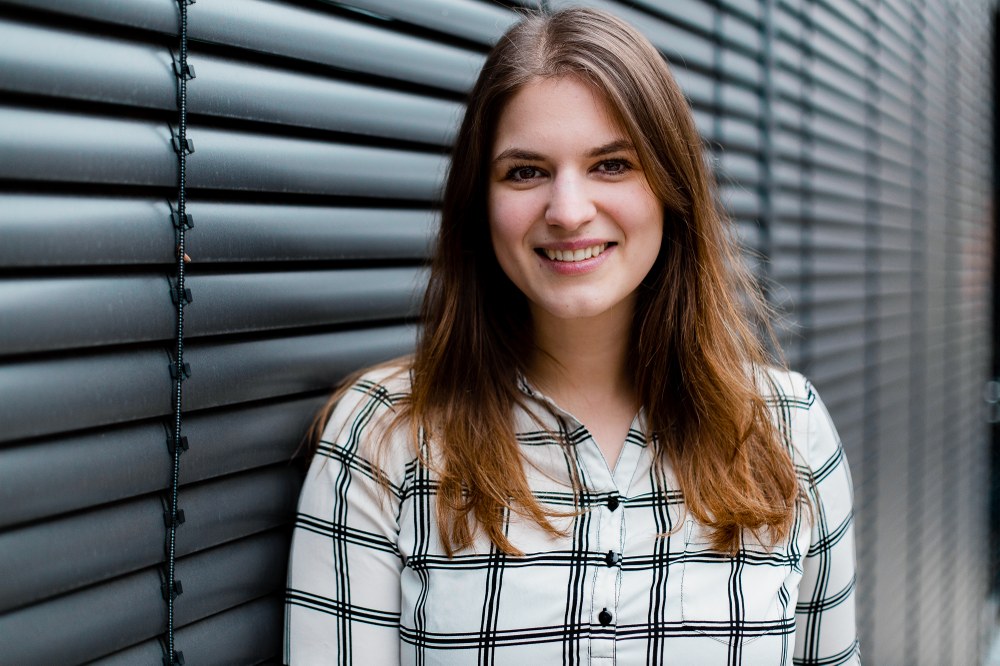Between two worlds: When psychology meets computer science
The RCE team has grown again. Annika Wohlan will be focusing on user experience for interactive software systems and conducting usability studies for the RCE software system.
The first week

Annika has only been a research assistant at the Institute of Software Technology for a few days, but she already feels at home. The open team has made it much easier for her to get started. "The nice thing about working in a team is that you are integrated straight away. Even though I don't know the software very well in such a short time, I feel that I can contribute.
In the future, Annika will help the RCE team to constantly improve the usability of the software, because "the quality of the user interface is often crucial to success. The interactions should be as pleasant and intuitive as possible for RCE users - an important point, especially for new users and non-computer scientists.
The perfect interface - a matter of psychology and computer science
Annika's interdisciplinary degree in Applied Cognitive and Media Sciences, which always focused on the interactive interface between people and media, provides the perfect basis for her current field of work. "Through my studies, I see myself on the side of both developers and users. It is important to understand the basic psychological characteristics of people as system users and to consider the limitations of human information processing when designing systems," Annika explains.
"A good interface motivates the user to interact. The individual user experience also plays an important role. Factors such as emotions have a big influence on the use and especially the evaluation of the system. If something is useful and fun, it is likely to be used again.
Step by step to tool optimisation
To find out how to optimise the use of the tool, Annika will carry out qualitative and quantitative studies. She will develop concepts for both the graphical user interface and the functionalities of RCE. Subsequent studies will investigate which concept works best. "We also have the opportunity to work with eye-tracking systems, for example. The visual system in particular provides a lot of information about problems during use. But Annika also sees other areas of research. "Who knows, maybe one day I'll be developing concepts for alternative interaction options using voice control or the use of VR. After all, optimising human-computer interaction opens up a wide range of project areas.
An inquiring mind
Annika's inquisitive mind constantly drives her to discover and learn new things. She is passionate about scientific work. "That is what I have done throughout my studies. I'm good at it, I enjoy it," she says. Because it always presents her with new challenges to solve. "The nice thing about research is that you always gain knowledge: whether the result is as expected or not," she continues. Her interest in research led her straight to DLR: "Besides, I've always had a passion for space travel," says Annika. She was lucky to find a job at the right time that perfectly matched her profile. Once she had sent in her application, everything happened very quickly. And it was immediately clear: "If they accept me, I'll start right away!
